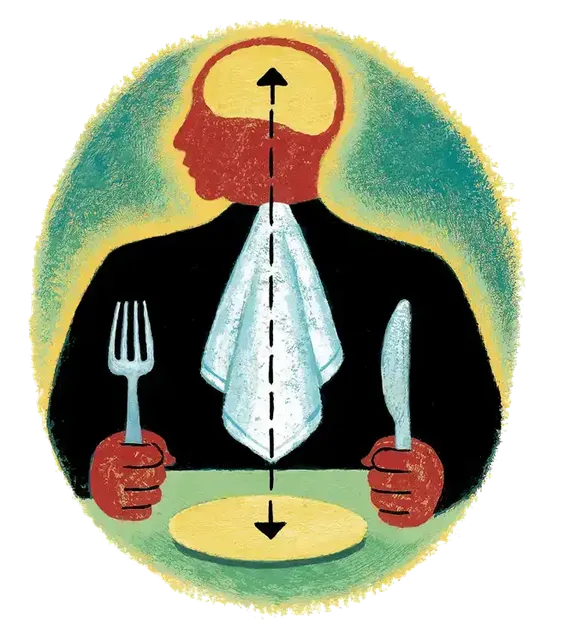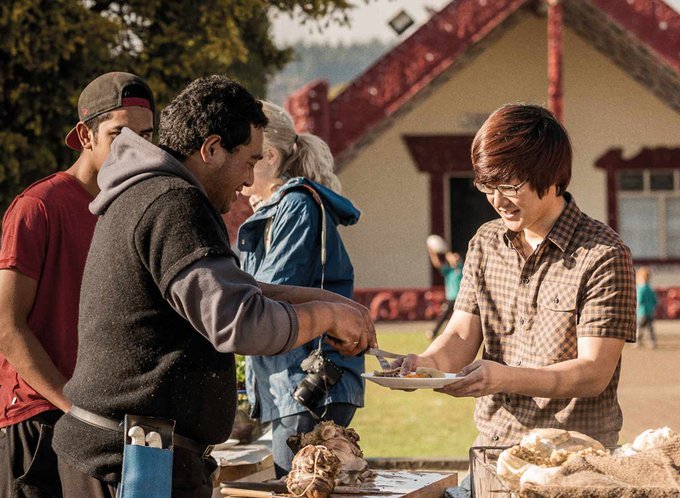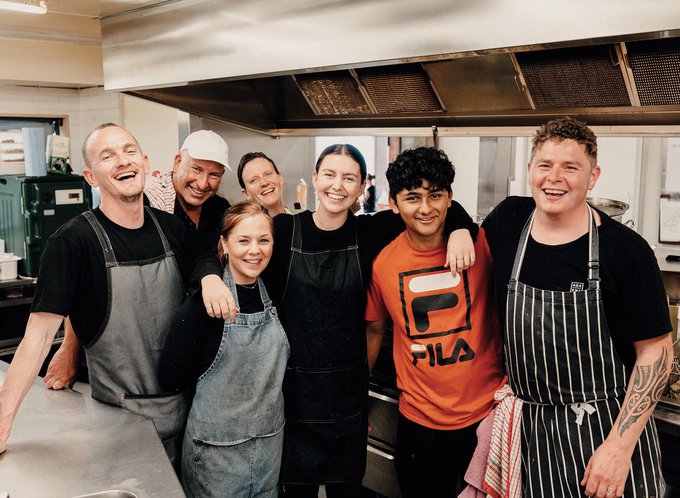Nicola Turner once helped companies sell us toothpaste, chips and shampoo in supermarkets, but now she’s a proud advocate for living a more sustainable lifestyle – much of which happens in the kitchen. The measure of success is at the end of her driveway each rubbish collection day.
Cambridge-based writer, mother, and champion for sustainable change and low-waste living, Nicola Turner has made several minor changes to overhaul how her family shops and eats.
Every small change has snowballed to the point where her family fills the equivalent of just one wheelie bin of rubbish each year.
Nicola headlined MAS’s most recent MAS Presents, an online talk series with influential Kiwis. She provided inspiration and practical advice on improving your lifestyle’s impact on the environment.
During her presentation, she acknowledged how overwhelming it could feel to start trying to make your life more sustainable, and that focusing on one small change at a time is the key.
“In the words of American author Max Lucado, ‘No one can do everything. But everyone can do something.’ Small changes multiplied is what creates a shift, Nicola says.
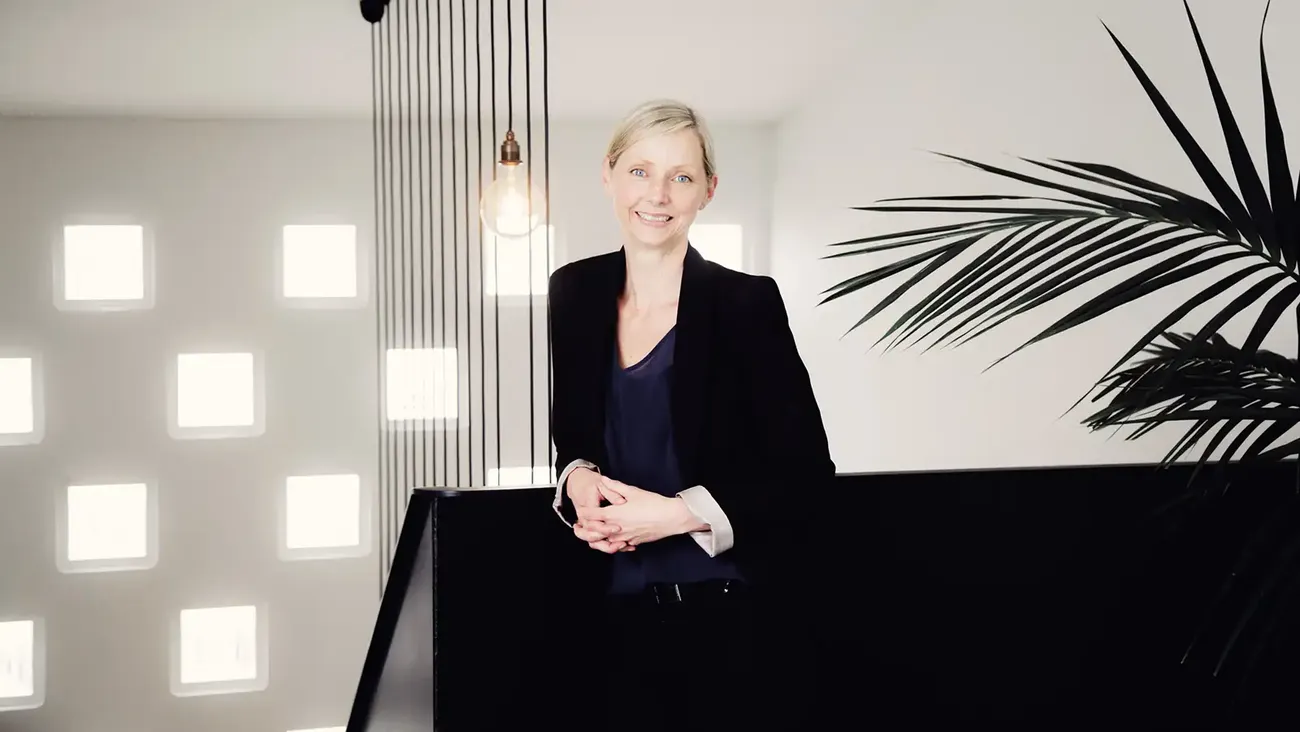
Nicola Turner who is a writer, mother and champion for sustainable change.
For more than a decade, Nicola worked in the fast-moving consumer goods industry, observing consumer behaviour in supermarkets and helping to position those products to give them the best chance of being sold.
“There’s an army of people, like the former me, around the world whose job it is to understand how we all think and behave and shop and to then use that insight to orchestrate things to get us to buy and consume more. And I never really thought to question it. I really liked my job. It felt like this whole consumption thing was just the way of the world,” she says.
Changing course
Nicola’s sustainability journey began after her husband developed dermatitis and the family had to change their hand soap.
Nicola knows from her supermarket experience that convenience encourages behaviour change. Every step she has made is designed to make it easier for her and her family to make the most sustainable choice.
“Change has to be easy. As humans, we are wired for the path of least resistance.”
She gives the example of getting her family into composting. Initially, she put a composting bucket under the sink “and then waited for the magic to happen”.
“Nobody started composting, including myself,” she says. “Because the compost bin was too hard to get to, it was easier to throw things in the rubbish.”
Her solution? Move the compost bin onto the bench and remove the rubber seal from the lid to make it easier to open.
“All of a sudden, throwing things in the compost bin was easier than putting things in the rubbish bin.”
Be a locavore
Nicola has redefined her approach to food and tries to eat as locally as possible. That means everything from growing vegetables and sharing surplus with neighbours to thinking about the food miles of everything she buys.
“Whenever I’m purchasing produce, [I’ll ask] where has it come from? How far has it had to travel to get to me?”
The family gets a weekly local produce box delivery to keep their fridge well stocked. Nicola says they eat more seasonally and have a deeper connection to their food.
“You know, we don’t eat things like cucumbers and tomatoes all year round. So when they come back in season, we get really excited, and they taste really good.”
Eating simply
Another way the family has reduced their environmental impact is by simplifying what and how they eat. Once, she might have popped into the supermarket on the way home from work and scanned the shelves to decide what to cook for dinner. Now, she focuses on using what they already have and getting creative.
“A big part of this is a make-do attitude. It’s not about going without. I found it has fostered this amazing sense of creativity in us. That means instead of going to the fridge and asking, ‘What do we feel like for dinner? What do we have? What do I need to shoot out to the shop and get?’ it’s about going ‘Well, what have we got and what can we make with that?”, she says.
She mentions a survey that claims women can spend eight years of their lives shopping, much of that being food shopping.
“We used to go to the supermarket a couple of times a week. And when you add up the time to get there, the time to find what you’re looking for, the time to bring it home and unpack it, it adds up.
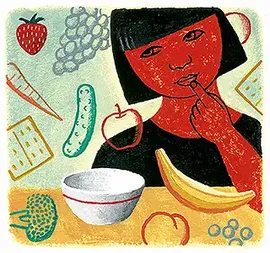
“Now we go supermarket shopping every six to eight weeks, and we’ve got two working weeks of time back every year.”
Once a week, they have a fridge sweep night where they create a meal from all their leftovers.
“Often, that’s a pizza. Throw it on a pizza, and throw some cheese on top. It’s my kids’ favourite meal. I don’t know what that says about the rest of my cooking, but I’ll take it,” she says.
Bulk it up
For Nicola, buying in bulk is essential to reducing their food miles and waste – but that doesn’t mean buying by the pallet load.
“[It’s] about having a bulk mentality. So a really simple example could be that you’re going to buy double-length toilet paper because it’s twice the amount of toilet paper in the same amount of packaging. So you’ve halved the packaging waste, you have to buy it half as often and you’re probably saving money. And another obvious silver lining is that you only have to change the roll half as often.”
This mentality can be applied to things like buying a bulk bag of rice rather than multiple small ones – saving money, time and packaging waste.
Nicola says adopting these changes has saved them a lot of time and money and made them feel more connected to “something bigger than ourselves”.
“No matter how small or insignificant a change feels, it becomes a gateway to more change. If I think about my journey, I started by changing my hand soap, and now this is what I do for a living.”
Know someone who might enjoy this?
Good living
See all-
March 2021
In review
-
March 2021
Manaakitanga – more than just hospitality
-
March 2021
Land, sea and myth: Revisiting Hawke's Bay
-
July 2021
Breaking bread at Everybody Eats
